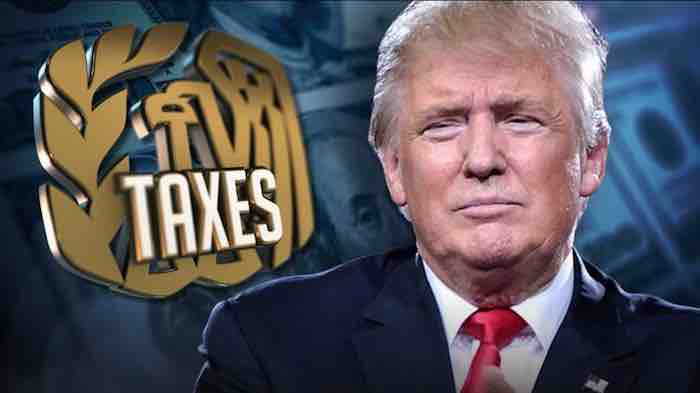By Dan Calabrese ——Bio and Archives--July 16, 2018
American Politics, News | CFP Comments | Reader Friendly | Subscribe | Email Us
 After the political battle it took to achieve the massive tax reform we got at the end of 2017, could it really be that we could get another one of equal impact just by President Trump deciding to issue a simple order?
It is possible. And it could happen.
After the political battle it took to achieve the massive tax reform we got at the end of 2017, could it really be that we could get another one of equal impact just by President Trump deciding to issue a simple order?
It is possible. And it could happen.In the halls of Congress, the corridors of the administration, and the nerve centers of activist groups, forces are aligning behind a plan: a White House order to index capital gains for inflation. It’s a long-overdue move—one that would further unleash the economy and boost GOP election prospects. And Mr. Trump could be the president bold enough to make it finally happen. At President Reagan’s behest, Congress in the 1980s indexed much of the federal tax code for inflation. Oddly, capital gains weren’t similarly treated. The result is that businesses and individuals pay taxes on the full nominal amount they earn on investments, even though inflation eats up a good chunk of any gain. It’s not unheard of for taxes to exceed real gains after inflation. The result is significant capital distortion, as companies sit on buildings and property or investors sit on stock—rather than selling and thereby putting both assets and gains to more productive use.
Conservatives have understood this problem for decades, yet for decades they have been held hostage to a 1992 government brief. The paper by the Justice Department’s Office of Legal Counsel offered a few faulty arguments as to why the Treasury lacked the authority to make this regulatory change. Neither President Bush questioned it, but others have. Americans for Tax Reform President Grover Norquist —chief troop-rallier in this effort—has been circulating a 2012 paper by lawyers Chuck Cooper and Vincent Colatriano that details that 1992 opinion’s flaws. It points out that the Internal Revenue Code does not require that the “cost” of an asset be measured only as its original price—meaning there is no reason Treasury could not construe it in today’s dollars. More important, it noted that since the Supreme Court decision in Verizon Communications v. Federal Communications Commission (2002), regulators have leeway in how they define “cost.”
View Comments
Dan Calabrese’s column is distributed by HermanCain.com, which can be found at HermanCain
Follow all of Dan’s work, including his series of Christian spiritual warfare novels, by liking his page on Facebook.